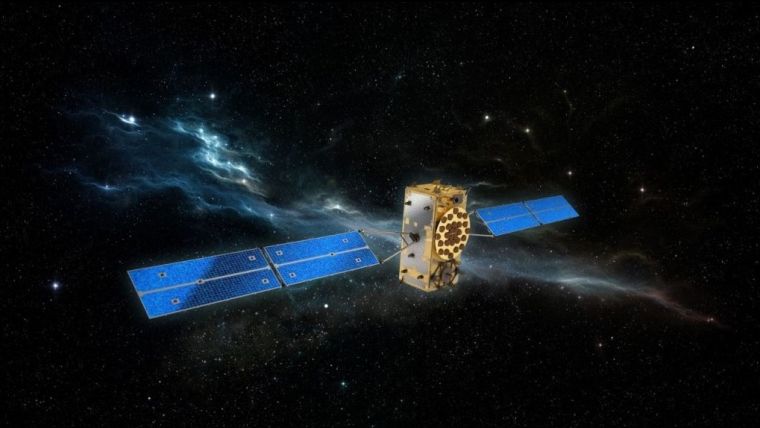Europe's Satellite Navigation System Galileo Goes Live
Europe’s own Galileo satellite navigation system has begun operating, with the satellites in space delivering positioning, navigation and timing information to users around the globe. The European Commission, owner of the system, formally announced the start of Galileo Initial Services, the first step towards full operational capability.
Further launches will continue to build the satellite constellation, which will gradually improve the system performance and availability worldwide.
ESA has overseen the design and deployment of Galileo on behalf of the Commission, with system operations and service provision due to be entrusted to the European Global Navigation Satellite System Agency next year. After five years of launches there are now 18 satellites in orbit. The most recent four, launched last month, are undergoing testing ahead of joining the constellation next spring. The full Galileo constellation will consist of 24 satellites plus orbital spares, intended to prevent any interruption in service.
Important moment
ESA director-general Jan Woerner noted for ESA, this is a very important moment in the programme. He said that the performance of the system is excellent. The announcement of Initial Services is the recognition that the effort, time and money invested by ESA and the Commission has succeeded, that the work of the engineers and other staff has paid off, that European industry can be proud of having delivered this fantastic system.
Paul Verhoef, ESA’s director of the Galileo Programme and Navigation-related Activities, added the announcement marks the transition from a test system to one that is operational. There still is much work to be done. The entire constellation needs to be deployed, the ground infrastructure needs to be completed and the overall system needs to be tested and verified. In addition, together with the Commission ESA has started work on the second generation, and this is likely to be a long but rewarding adventure.
Initial Services
Galileo is now providing three service types, the availability of which will continue to be improved.
The Open Service is a free mass-market service for users with enabled chipsets in, for instance, smartphones and car navigation systems. Fully interoperable with GPS, combined coverage will deliver more accurate and reliable positioning for users.
Galileo’s Public Regulated Service is an encrypted, robust service for government-authorised users such as civil protection, fire brigades and the police.
The Search and Rescue Service is Europe’s contribution to the long-running Cospas–Sarsat international emergency beacon location. The time between someone locating a distress beacon when lost at sea or in the wilderness will be reduced from up to three hours to just 10 minutes, with its location determined to within 5km, rather than the previous 10km.
This video shows how service availability increases as the overall number of satellites in the Galileo constellation goes up.

Value staying current with geomatics?
Stay on the map with our expertly curated newsletters.
We provide educational insights, industry updates, and inspiring stories to help you learn, grow, and reach your full potential in your field. Don't miss out - subscribe today and ensure you're always informed, educated, and inspired.
Choose your newsletter(s)












